 Sixteen years ago, somehow, I played Final Fantasy for the first time, with my only previous JRPG experiences having been an abiding love for Dragon Warrior, deep amusement at Secret of Mana, and unremitting loathing for Final Fantasy VII. You’ll note, if you clicked through, that I had evinced an intention to continue playing the remainder of the Final Fantasy oeuvre. Believe it or not, that was actually true, and I really have been playing Final Fantasy II on and off for all of those many years since[1].
Sixteen years ago, somehow, I played Final Fantasy for the first time, with my only previous JRPG experiences having been an abiding love for Dragon Warrior, deep amusement at Secret of Mana, and unremitting loathing for Final Fantasy VII. You’ll note, if you clicked through, that I had evinced an intention to continue playing the remainder of the Final Fantasy oeuvre. Believe it or not, that was actually true, and I really have been playing Final Fantasy II on and off for all of those many years since[1].
The main difference between the first and second game is that where the first game used “save the world!” as an excuse to string together a lot of random encounters in the world and in various dungeons wherein you could level up and get better equipment and better spells, allowing you to fight harder random encounters and dungeons… In the second game, all of those actions are strung together by an actual plot, with actual characters. I mean, plot and characters as imagined through the lens of the 1980s, but it’s actually there.
I’ll go a step farther, and say that the plot, although largely on rails, feels as if it is reacting to the actions of the characters. Which is impressive! There are three main characters, teenaged friends who get caught up in events, and a floating fourth character, who you are supposed to become attached to but who I largely viewed as a tool who occasionally stole my equipment by leaving the party without warning in any number of various ways.
That said, the game still punishes you for playing a game that old by having bizarrely restrictive spell and items capacities and random bugs that make the nominally most powerful spell in the game be functionally useless. Nevertheless, it was a good game. I mean, if you’re okay with mindlessly wandering the world having random encounters between various dungeons that advance the plot, but that’s just what a JRPG is, you know? (But Dragon Warrior was still better. For one thing, no goddamned chocobos.)
In case you’re wondering if I will play Final Fantasy III: I’ve started it already. (This proves nothing, of course.)
[1] Although I restarted at one point post-2014, switching platforms from DS back to Playstation[2]. (Well, PS2, since manufacturers once upon a time understood backward compatibility.)
[2] Because it’s harder to play a game together on a tiny-ass DS screen[s].
 Two milestones! Surprisingly to me, I’ve never finished a Switch game before. Like, I kind of finished the Mario game from one perspective, but from another I was barely halfway through it. Regardless, no review! So, oops. (Or not. It’s hard to know.) But also, I’ve never played a game that required specifying a year for version control.
Two milestones! Surprisingly to me, I’ve never finished a Switch game before. Like, I kind of finished the Mario game from one perspective, but from another I was barely halfway through it. Regardless, no review! So, oops. (Or not. It’s hard to know.) But also, I’ve never played a game that required specifying a year for version control. 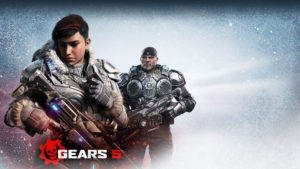 Back at the dawn of time, I played
Back at the dawn of time, I played 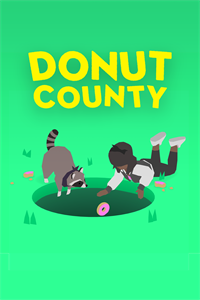 The thing about
The thing about  It’s not uncanny valley levels of weird, but it is nevertheless weird to see digital animation versions of real actors that you are already very familiar with. To wit, Cal Kestis, who is played by the Joker from Gotham and one of the Gallagher kids on Shameless. And he’s, like, just extremely recognizable, both character and voice. And in
It’s not uncanny valley levels of weird, but it is nevertheless weird to see digital animation versions of real actors that you are already very familiar with. To wit, Cal Kestis, who is played by the Joker from Gotham and one of the Gallagher kids on Shameless. And he’s, like, just extremely recognizable, both character and voice. And in  Because I am extremely timely, have another review of a game that’s leaving Game Pass today!
Because I am extremely timely, have another review of a game that’s leaving Game Pass today! 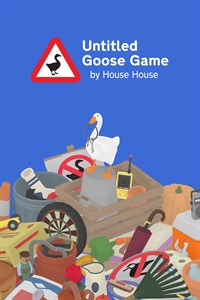 I’ve been vaguely aware of
I’ve been vaguely aware of  I played another entire game over the past few days. This is so so weird. (Which I say every time I finish a game, I know. But it is! Especially relative to how long it’s been since I finished a book[1].)
I played another entire game over the past few days. This is so so weird. (Which I say every time I finish a game, I know. But it is! Especially relative to how long it’s been since I finished a book[1].)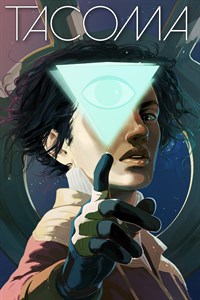 So far, my favorite thing about Xbox’s Game Pass service is that it gives me the freedom to try things out that I cannot otherwise convince myself to pay for. To wit,
So far, my favorite thing about Xbox’s Game Pass service is that it gives me the freedom to try things out that I cannot otherwise convince myself to pay for. To wit, 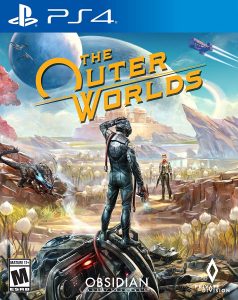 I played a game!
I played a game!